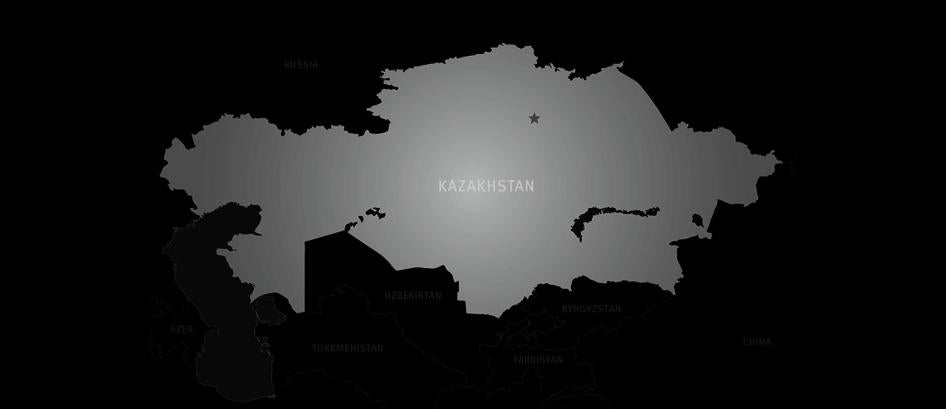Kazakhstan’s Supreme Court has ruled that two women will receive compensation from a Facebook user who posted a video of them kissing on the social media platform without their permission, and solicited homophobic comments. The ruling is not only an important milestone for privacy rights, but also illuminates how strong safeguards for digital privacy can protect internet users from discrimination.
The court ruled this month that the posting violated the women’s privacy rights, rejecting a lower court’s argument that the intimate embrace violated the “moral foundations of society” and justified the video and public shaming.
The video of the women, which was posted on Facebook and quickly shared on other social media platforms on January 30th, 2018, received derogatory and threatening comments. Though the man who posted the video deleted it within a day, the video had been viewed at least 60,000 times by then.
Fearing for their safety, the women left Kazakhstan for eight months. As the Supreme Court noted, the film, which urged viewers to “shame” the women, “triggered a wave of offensive comments” and “placed the applicants in the focus of public attention, their private life having become public against their will.”
Feminita, a feminist group that works with lesbian, bisexual, and queer women in Kazakhstan and supported the applicants, quoted one of the women anonymously: “Few believed that we would defend our rights in court. Those who did not believe argued that our society was not yet ready for such changes.”
The ruling shows that the enforcement of the right to privacy provides a critical safeguard against online discrimination, particularly discrimination targeted at lesbian, gay, bisexual, and transgender (LGBT) people.
As Human Rights Watch has documented, LGBT people in Kazakhstan routinely face harassment, discrimination, and the threat of violence. However, in 2015, the Kazakh Constitutional Chamber ruled that then-pending anti-LGBT legislation violated the country’s constitution, nullifying a Russia-style “gay propaganda” bill before it came into force.
It’s also an important victory for Feminita, which has faced numerous attempts by the government to scuttle is registration as a non-governmental organization significantly limiting the scope of the group’s activities.
Kazakhstan’s government would do right to support the fundamental rights of all citizens, regardless of their sexual orientation or gender identity. As the Supreme Court has demonstrated, a sober assessment free of moralizing establishes everyone as equal before the law.









